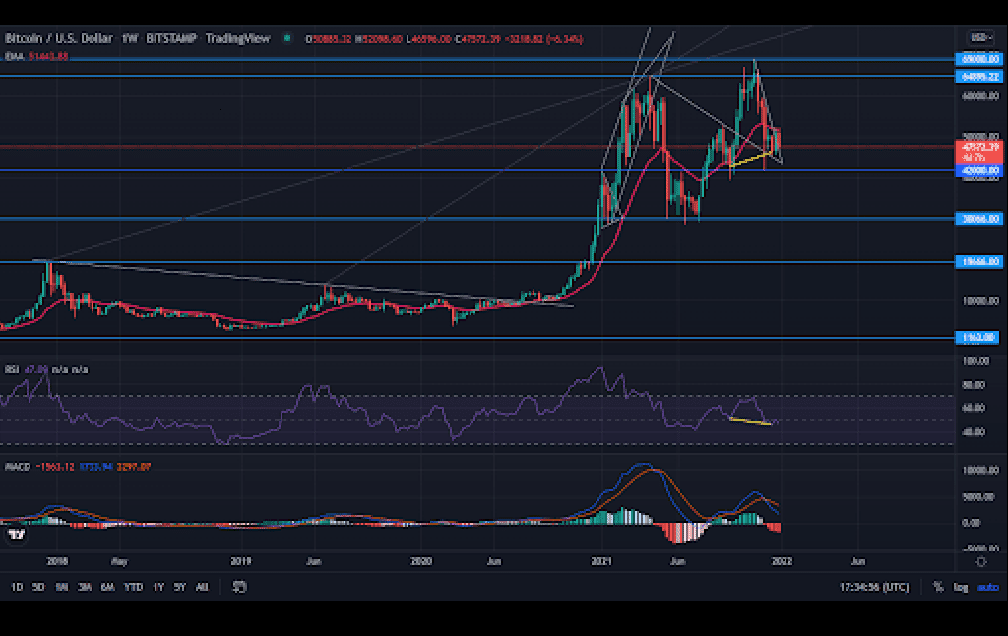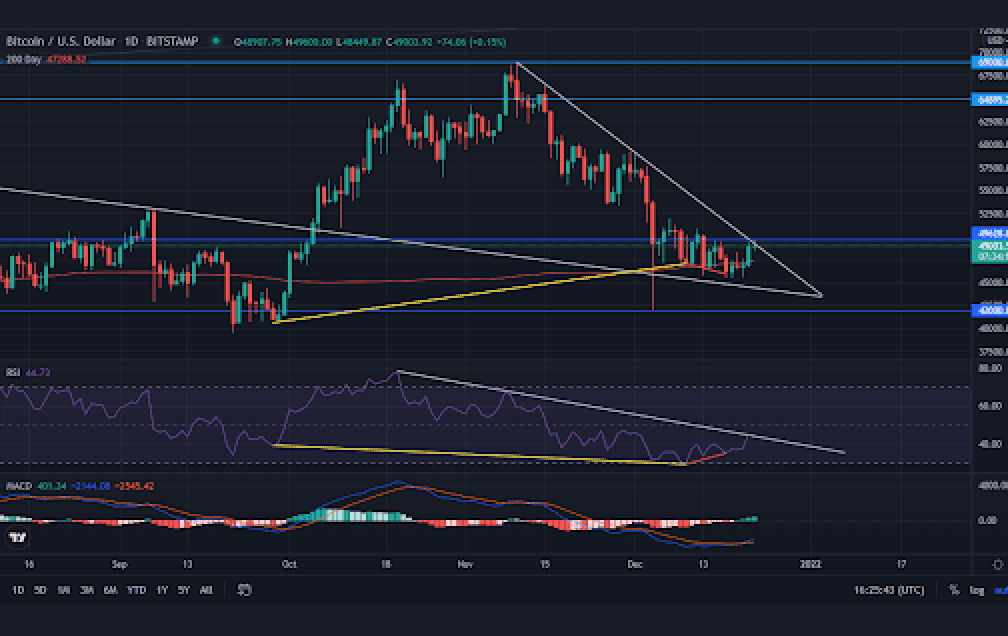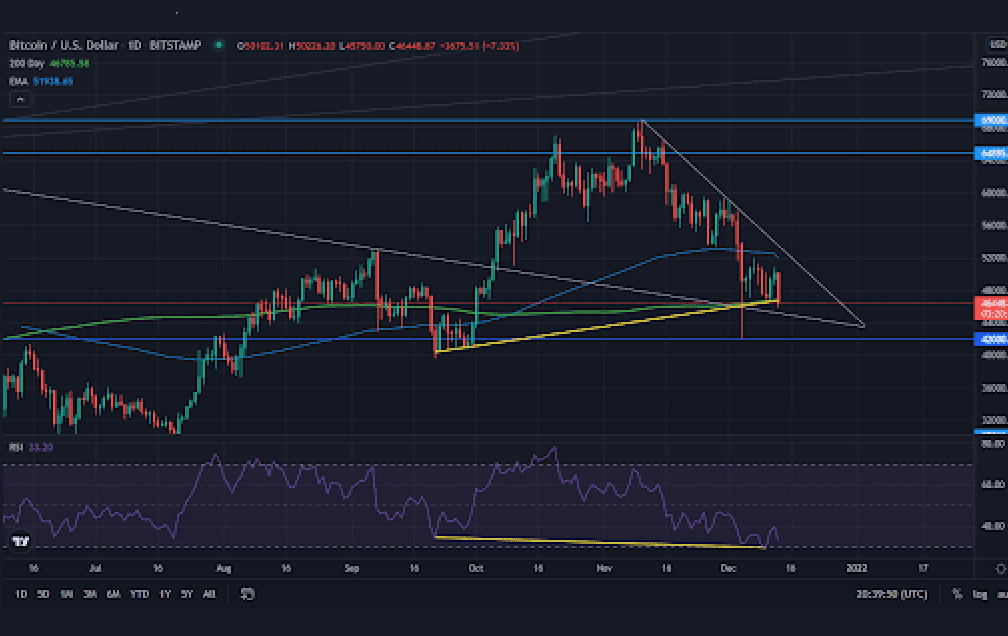Representatives of traditional finance express the opinion that banning cryptocurrencies is a road to nowhere. Instead, they suggest proper regulation of the market and even support for adoption.
International Monetary Fund supports crypto
The International Monetary Fund (IMF) has decided to consider alternative methods of regulating cryptocurrencies in various countries, believing that a total ban may not work. In its latest report, which focuses on the situation in Latin America and the Caribbean, the IMF expressed its position on the adoption of cryptocurrencies and the introduction of central bank digital currencies (CBDCs).
The IMF noted that different countries are taking varying approaches towards accepting cryptocurrencies and implementing CBDCs. El Salvador was the first to decide to recognize Bitcoin as legal tender as early as September 2021, while the Bahamas introduced its own digital central bank currency, the Sand Dollar, in October 2020.
The IMF report lists Brazil, Argentina, Colombia and Ecuador as countries that are currently “looking at” regulating cryptocurrencies, while they have achieved a high level of adoption of digital assets to support people outside the banking system, realize faster and cheaper payments, among other benefits. In addition, according to the Fund, most central banks in the region are “considering introducing their own digital currencies.”
Support for cryptocurrencies, but with some limitations
The IMF stresses that well-designed CBDCs can strengthen the efficiency and resilience of payment systems and promote greater financial inclusion in the Latin American and Caribbean region. “A complete ban on cryptocurrencies, while addressing their risks, will not necessarily be an effective solution in the long term. Instead, the region should focus on identifying the drivers of demand for cryptocurrencies, such as unmet needs for digital payments and increasing transparency by recording cryptocurrency transactions in national statistics,” – the IMF stated.
It should be noted that the IMF regularly expresses its concerns about the adoption of cryptocurrencies as legal tender by countries. The director of the Department of Financial and Capital Markets, Tobias Adrian, had already presented a proposal for a single ledger-based payment system to record transactions using CBDCs on June 19. However, this innovative concept was met with harsh criticism from many in the crypto industry.
Adoption of cryptocurrencies becomes inevitable
Despite some controversy and different approaches to regulation, the cryptocurrency market continues to grow rapidly, opening up new opportunities for financial innovation. According to many experts, the introduction of well-designed central bank digital currencies (CBDCs) can further increase the efficiency and integration of payment systems around the world. With increasing interest from financial institutions and governments, the future of cryptocurrencies seems promising, laying the foundation for the development of the digital economy and payments in the future.


















